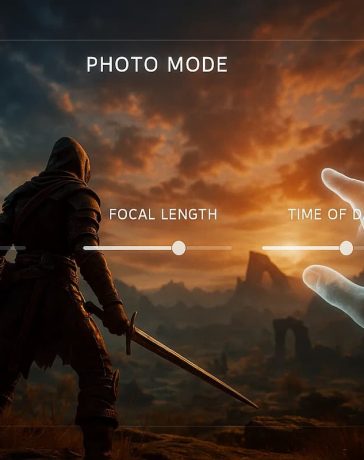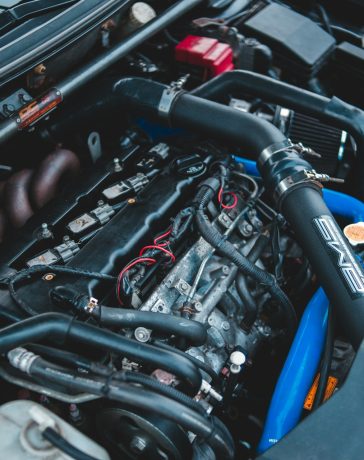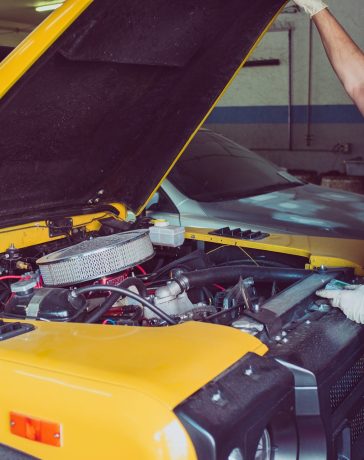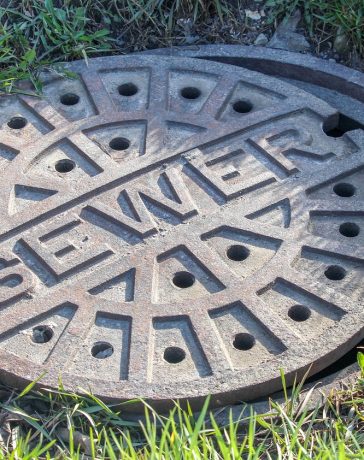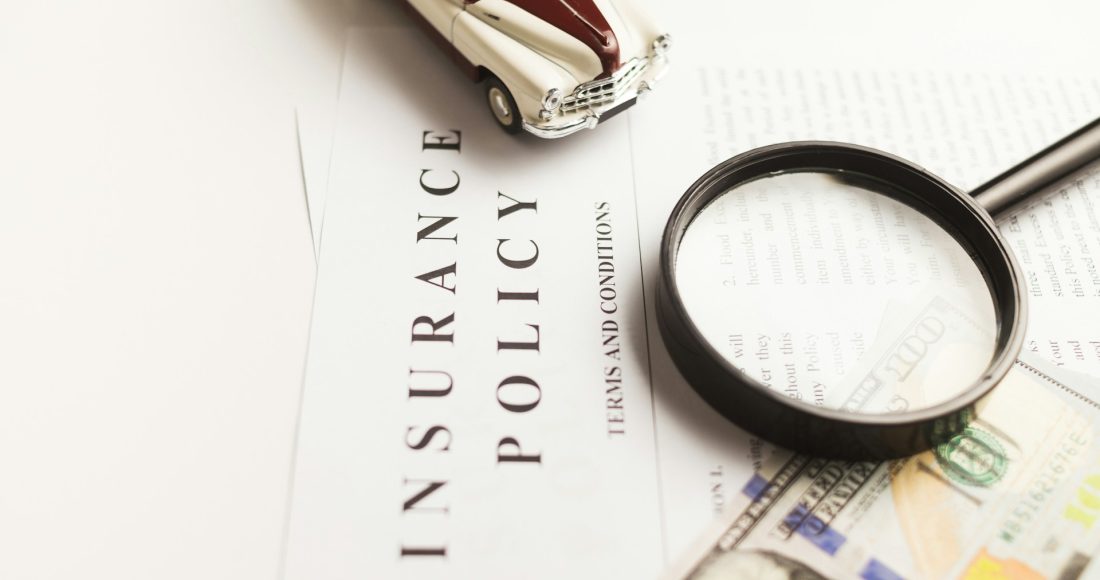Table of Contents
- Introduction to Auto Insurance
- Types of Auto Insurance Coverage
- Why Comprehensive Coverage Is Important
- Understanding Policy Limits and Deductibles
- The Claims Process Explained
- Conclusion: The Peace of Mind with Proper Coverage
Introduction to Auto Insurance
Car insurance is crucial to owning a vehicle. It offers financial coverage for injuries and damages from accidents and liability for vehicle incidents. Whether you’re looking for auto insurance Newark, DE, or elsewhere, understanding the various coverage options and their benefits is crucial. When selecting an auto insurance policy, it’s essential to be well-informed about the different types of coverage, how they work, and their overall importance in safeguarding your interests and those of other road users.
Many individuals view auto insurance as a form of protection in case of a crash, yet its coverage goes way beyond that. The right policy can shield you from hefty out-of-pocket expenses and provide peace of mind on the road. Additionally, an appropriate auto insurance plan can help you navigate the legal requirements of your state or country, ensuring that you remain compliant with local regulations while protecting yourself and others.
Types of Auto Insurance Coverage
- Liability Coverage: This is the most basic form of coverage and is often required by law. It covers expenses related to injuries and damages to others when you are at fault. This can include medical bills, repair costs, and legal fees if sued.
- Collision Coverage: This kind of insurance covers the damage costs of your car if you collide with another vehicle or object. Collision coverage benefits individuals who own a newer or more expensive car because it helps cover the costs of repairs or replacements.
- Comprehensive Coverage: This policy protects against non-collision-related incidents like theft, vandalism, and natural disasters. Comprehensive insurance provides a sense of security, knowing you are protected from unforeseen events.
- Personal Injury Protection (PIP): Provides insurance for medical costs and lost income regardless of fault. PIP can provide valuable financial support for medical treatment and lost revenue for you and your passengers after an accident.
- Uninsured/Underinsured Motorist Coverage: Covers your expenses if the other driver is not insured or underinsured. This coverage ensures you will be protected financially if an at-fault driver lacks adequate insurance to cover your losses.
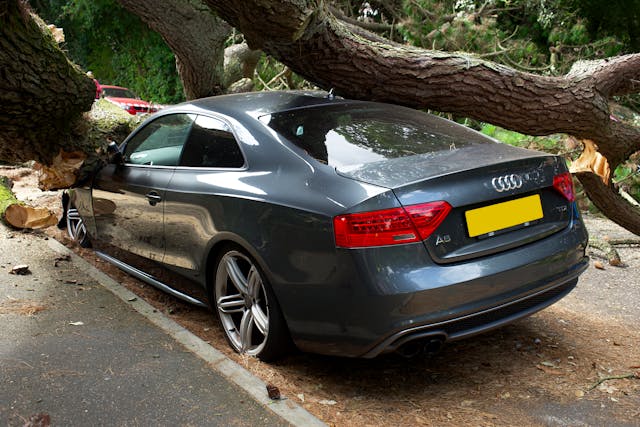
Why Comprehensive Coverage Is Important
Comprehensive coverage is a versatile option that covers a wide array of potential damages not caused by collisions. This includes theft, vandalism, natural disasters, falling objects, and animal strikes. Comprehensive car insurance provides a sense of security, knowing you are protected from unforeseen events. For instance, if your car gets damaged by a thunderstorm or is stolen from a parking lot, comprehensive coverage will aid in repairing or replacing your vehicle, reducing the financial burden on you.
Comprehensive coverage extends to more unusual situations in addition to standard scenarios. If your car is damaged by a fire or a tree falling on it, comprehensive insurance ensures you’re covered without worrying about excessive repair costs. This wide-ranging protection makes comprehensive coverage an essential component of a well-rounded auto insurance policy, offering peace of mind beyond the scope of primary liability or collision coverage.
Understanding Policy Limits and Deductibles
Each auto insurance policy comes with its own set of limits and deductibles, which define how much the insurer will pay and how much you’ll pay out of pocket. Policy limits dictate the maximum amount your company will pay for a covered loss, while deductibles are the amount you must pay before your insurance kicks in.
If your policy includes a $500 deductible and your car is damaged with $2,000 in repair costs, you will pay $500 while your insurance covers the rest. Selecting the appropriate combination of deductibles and policy limits can significantly affect how much you pay for premiums and how much you have to pay out-of-pocket in a claim situation. Choosing a higher deductible may decrease your premiums but could raise your out-of-pocket expenses when filing a claim. On the other hand, opting for a lower deductible will result in higher premiums but will decrease costs in the event of a covered incident.

The Claims Process Explained
Filing a car insurance claim might seem daunting, but understanding the process can make it easy. Begin by informing your insurance company promptly following an event and giving essential information about what happened. This usually includes a comprehensive description of the situation, images of the harm done, and relevant law enforcement documents. Timely reporting is essential in ensuring a smooth claims process.
You’ll then work with a claims adjuster to assess the damage and determine the payout. The adjuster will inspect your vehicle, verify the extent of the damage, and provide an estimate for the repairs. Based on this assessment and the terms of your policy, the insurer will handle payments for repairs or replacements accordingly. Keeping thorough records of all correspondence and documents and communicating proactively with your insurer can expedite the process. For example, retaining all repair receipts and maintaining clear communication lines with your insurer and the repair shop can avoid potential delays and misunderstandings.
Conclusion: The Peace of Mind with Proper Coverage
Comprehensive auto insurance offers unparalleled peace of mind, knowing you are protected against various risks. It ensures financial security by covering unexpected expenses that could otherwise strain your finances. By making informed decisions about your choices, you can obtain a comprehensive policy for various situations, including accidents and natural disasters.
Investing time to choose the right policy tailored to your needs can save you considerable stress and money in the long run. Remember, auto insurance is not just a legal requirement; it’s a proactive measure to protect yourself, your passengers, and your financial well-being.











